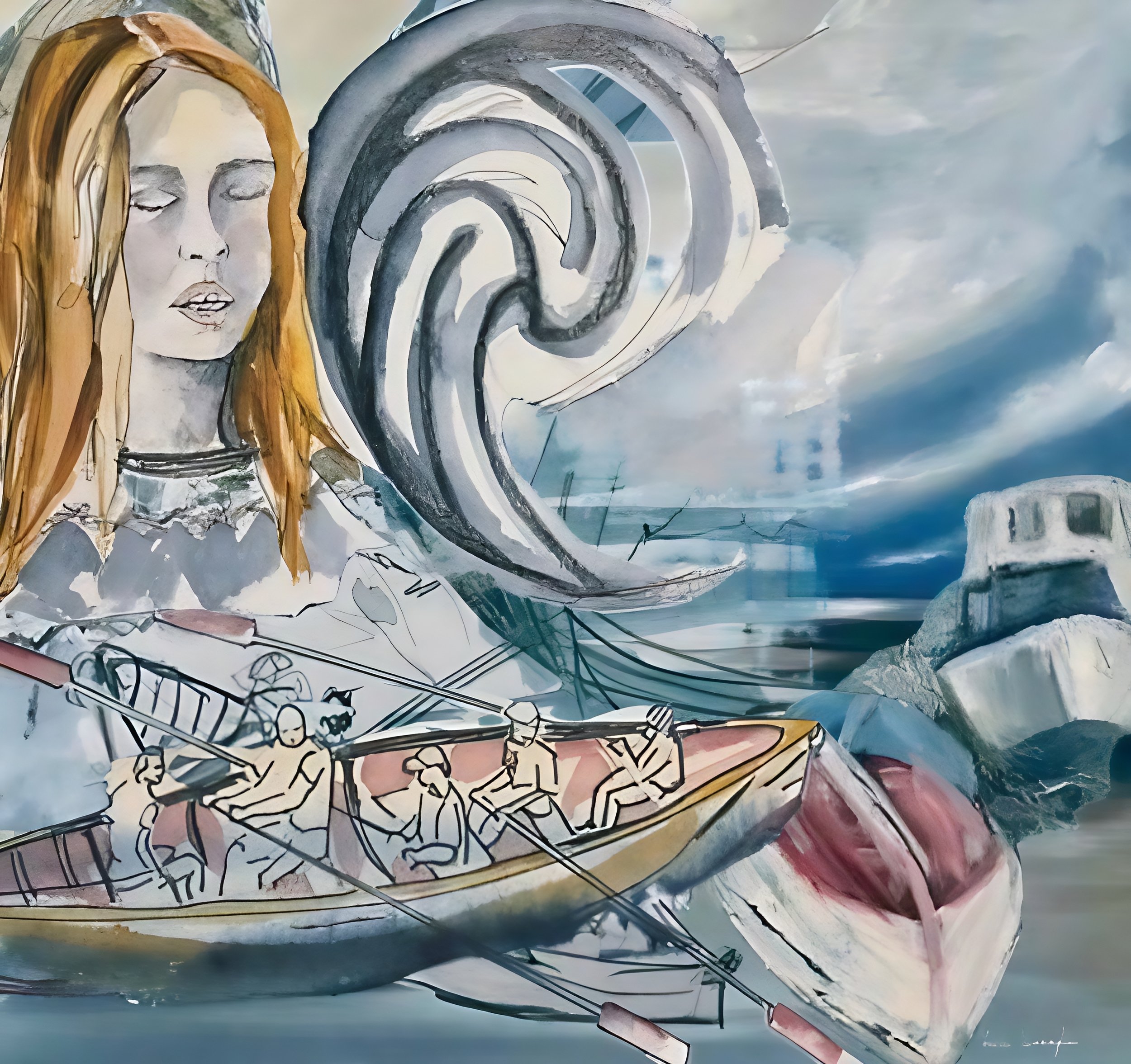PhD Defense of Eoin Ó Cuinneagáin
Thesis title:
Songing Dúchas: Amhránaíocht as Decolonial, Epistemic Disobedience
Date:
Thursday 6 March 2025 at 13:00 (CET)
Place
Linnaeus University, Växjö campus: Newton lecture theatre
zoom: https://lnu-se.zoom.us/j/63823772440?pwd=ScaFrAhQQZq1ZJbWboKTgYVSPOEqyt.1
External reviewer:
Professor Nokuthula Hlabangane, University of South Africa
Examining committee:
Professor Manuela Boatcă, University of Freiberg
Professor Tríona Ní Shíocháin, National University of lreland, Galway
Doctor Stiofán Ó Cadhla, University College Cork
Chairperson:
Professor Niklas Salmose, Linneaus University
Supervision committee:
Associate Professor Barzoo Eliassi
Professor Madina Tlostanova, Linköping University
Professor Liam Lillis Ó Laoire, National University of lreland, Galway
Examiner:
Professor Niklas Salmose, Linneaus University
Abstract
Ó Cuinneagáin, Eoin (2025). Songing Dúchas: Amhránaíocht as Decolonial Epistemic Disobedience, Linnaeus University Dissertations No 561/2025, ISBN: 978-91-8082-276-3 (print), 978-91-8082-277-0 (pdf).
This thesis proceeds from the fundamental position that indigenous concepts should be used in academic studies on indigenous matters. Orientating itself around this necessity, the thesis formulates a diverse set of concepts that can be invoked in academic studies that concern Gaelic epistemologies. To achieve this, it considers how amhránaíocht, the Irish word for singing a song, functions as a disobedient practice which can resist and stay opaque to epistemic colonialism-coloniality. The author’s awareness of the methodological concepts and worldview of amhránaíocht emerges out of his own engagement in the oral practice as a link in the reproduction of indigenous knowledge.
By situating amhránaíocht and its attendant worldview within an inter-cosmological, non-hierarchical dialogue with other autonomously voiced indigenous methodologies, it moves towards an epistemic break in the academic study of amhránaíocht from anglicizing-westernizing research methods towards a Gaelic research paradigm. Oideas, the Irish word for ‘oral education’ or ‘prescription’, is advanced as a healing-based methodology which empowers the centering of indigenous perception. It shows that despite Anglo-modern intervention into the worlds of the Irish-speaking colonized, oideas has always been capable of reproducing its own methods, preserving its own mechanics of self-representation and remaining opaque to Anglo-modern methodologies of conquest. Dúchas, a holistic indigenous concept which may be translated as ‘nature’, ‘right’ or ‘ancestral patrimony’ was reformulated during the Anglo-modern settler-colonial plantation system as a means of protecting indigenous sovereignty over land and knowledge.
Drawing on the centrality of the long-established concepts of dúchas and oideas, the thesis formulates songing as a decolonizing methodology designed for entering into Anglo-modern domains of epistemic power. As a direct translation of amhránaíocht into English, songing disrupts Anglo-modern epistemic violence and its grammars of supremacy. Six oral Irish songs are invoked to show how songing may function as a juxtapositionary tool to sense Anglo-modern colonialism’s secondary violences reproduced in electronic archives, English literature, anthropological discourse, the logics of stage performance, music anthologies, Romanticist painting and eyewitness accounts of An Drochshaol. Songing sounds the unheard violences concealed within Anglo-modern epistemology through the reparative vocal intone. The thesis concludes by discussing how amhránaíocht and decoloniality can mutually support each other.
